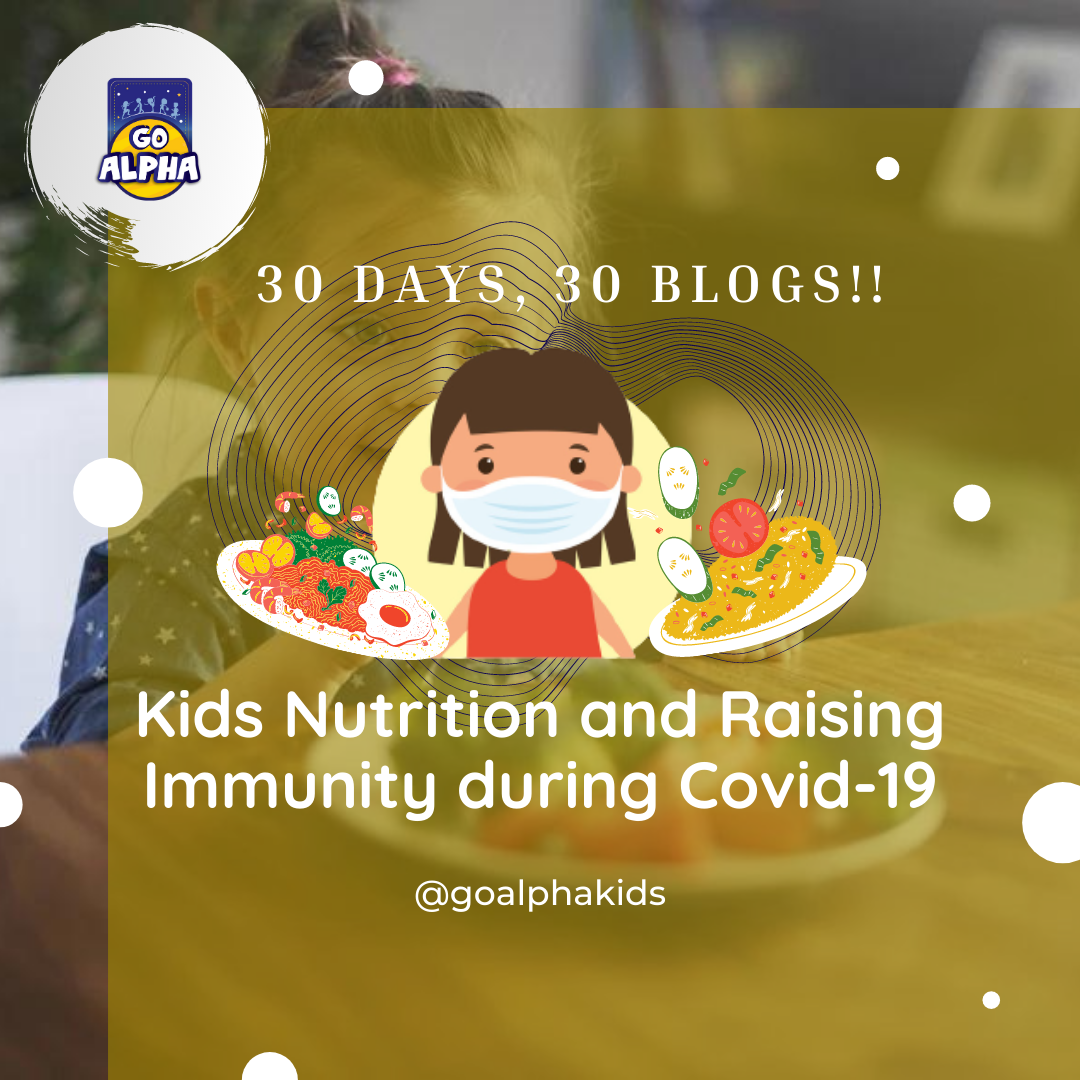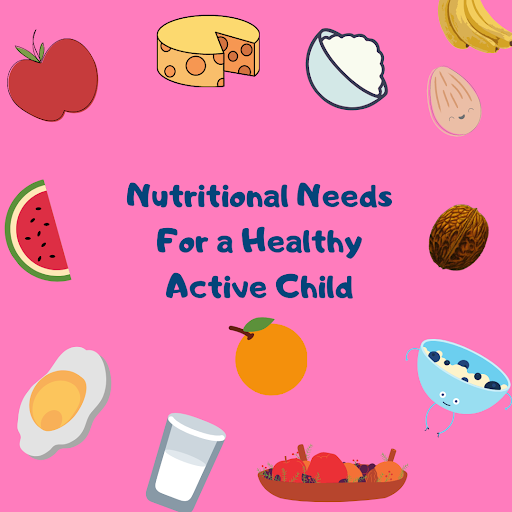

Nutritional needs for a healthy active child
All kids need to eat balanced meals and have a healthy diet. Children are active by nature, and giving them the right nutritious foods to fuel their busy day will keep their energy levels up and equip them to do what they enjoy.
Healthy eating has many benefits for children. It can:
- Stabilize their energy.
- Improve their minds.
- Even out their moods.
- Help them maintain a healthy weight.
Everyone needs the same types of nutrients such as vitamins, minerals, carbohydrates, protein and fat. The nutritional needs of children, however, need different amounts of specific nutrients at different ages. The required total calorie intake for kids of different ages;
- 1 to 3 years: 1000-1400 calories per day
- 4 to 8 years: 1200-2000 calories per day
- 9 to 12 years: 1400-2600 calories.
Nutrient: Sources and portion requirement
Carbohydrate
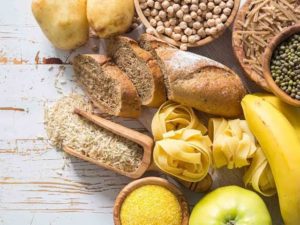

Carbohydrates fuel your child’s metabolism, they feed their brain and are vital for the development of the nervous, immune and digestive system.
Sources: kids should eat high fiber high carbs such as Whole grain cereals and millets like wheat, jowar, ragi, oats, rice, brown rice, amaranth, buck wheat, bulgar wheat, potato, sweet potato, yam, tapioca, fruits and vegetables.
Portion requirement: kids should take the following amount of Carbohydrate for their age daily
2 to 3 years – 85-140 grams
4 to 8 years – 115-170 grams
9 to 13 years – 140-255 grams
Calories requirement by age: 60% of their calories should come from Carbohydrate.
2 to 3 years – 600-840
4 to 8 years – 720-1200
9 to 12 years – 840-1560
Protein
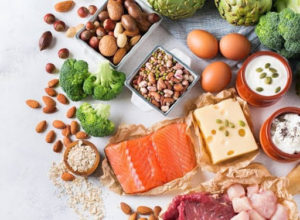

Protein is required to build cell and tissue structure, for muscle function, for hormone signaling, for the transport of blood, to build antibodies and for the digestion of food. It is also important for your child’s energy levels and sleep quality.
Sources: there are two types of protein sources of food, the animal protein like lean meat, chicken, fish and animal by-product (like eggs, dairy such as milk and cheese) and plant protein like legumes (black-eyed peas, chickpeas, beans, lentils etc), nuts (almond, peanuts, walnuts etc) and seeds (chia seed, pumpkin seed etc)
Portion requirement by age: kids should take 1gram of protein per body weight in kg daily
Calories requirement by age: 10% of their calories should come from protein and
2 to 3 years – 100-140
4 to 8 years – 120-200
9 to 12 years – 140-260
Fat
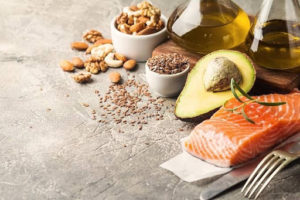

Fats are an essential component of healthy eating and required for your child’s growth and energy. They’re used to build neural tissue for the nervous system, to make hormones and for the absorption of fat-soluble vitamins. Fats also give food flavour, texture and help to provide satiety. Unsaturated fats are considered to be the healthiest fats and are known as HDL (high density lipoprotein) in the body. when kids eat more unsaturated fats, it leads to the removal of unhealthy fats known as LDL (low density lipoprotein) in the body.
Sources: kids should eat unsaturated fats such as nuts (hazelnut, walnut, cashew) Avocado, fish, seeds (like pumpkin, sesame seed) and olives.
Portion requirement by age: there are no general portion requirements of fat.
Calories requirement by age: 30% of their calories should come from protein and
2 to 3 years – 300-420
4 to 8 years – 360-600
9 to 12 years – 420-780
Vitamins and minerals
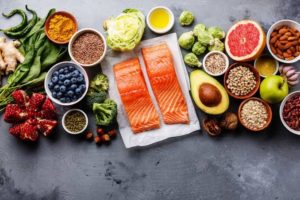

They contain micronutrients which are essential components of a high-quality diet and have a profound impact on health. While they are only required in tiny quantities, micronutrients are the essential building blocks of healthy brains, bones and bodies. Important micronutrient involved in children growth includes Iodine, calcium, iron, sodium, potassium, zinc, Vitamin A, Vitamin C, Vitamin B complex, Vitamin D, folate etc.
Sources: micronutrients are found in all sources of food such as yogurt/curd, leafy vegetables, fruits, beans, spices etc.
Portion requirement by age: there are a lot of micronutrients out there and they all have their individual portion requirements.
Calories requirement by age: micronutrients are not energy providing nutrients therefore they provide no calories.
Water
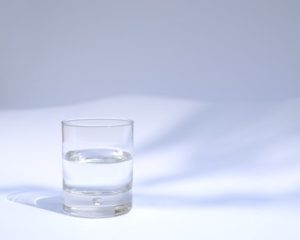

Water is an important part of all body functions and processes, including digestion and elimination. It helps kids stay hydrated which is important for their brains to work and for them to stay healthy.
Portion requirement by age:
Boys and girls aged 4-8 years need 1.1 to 1.3 liters per day
Girls aged 9-13 years need 1.3 to 1.5 liters per day.
Boys aged 9-13 years need 1.5 to 1.7 liters per day
REFERENCES
Family doctor
https://familydoctor.org/nutrition-tips-for-kids/amp/
Mayoclinic
Nutrition for kids
UNICEF
Related Blogs
FREE Sports class Demo at your preschool
Please fill the form to get more information and set up a FREE Go Alpha Demo at your preschool.




